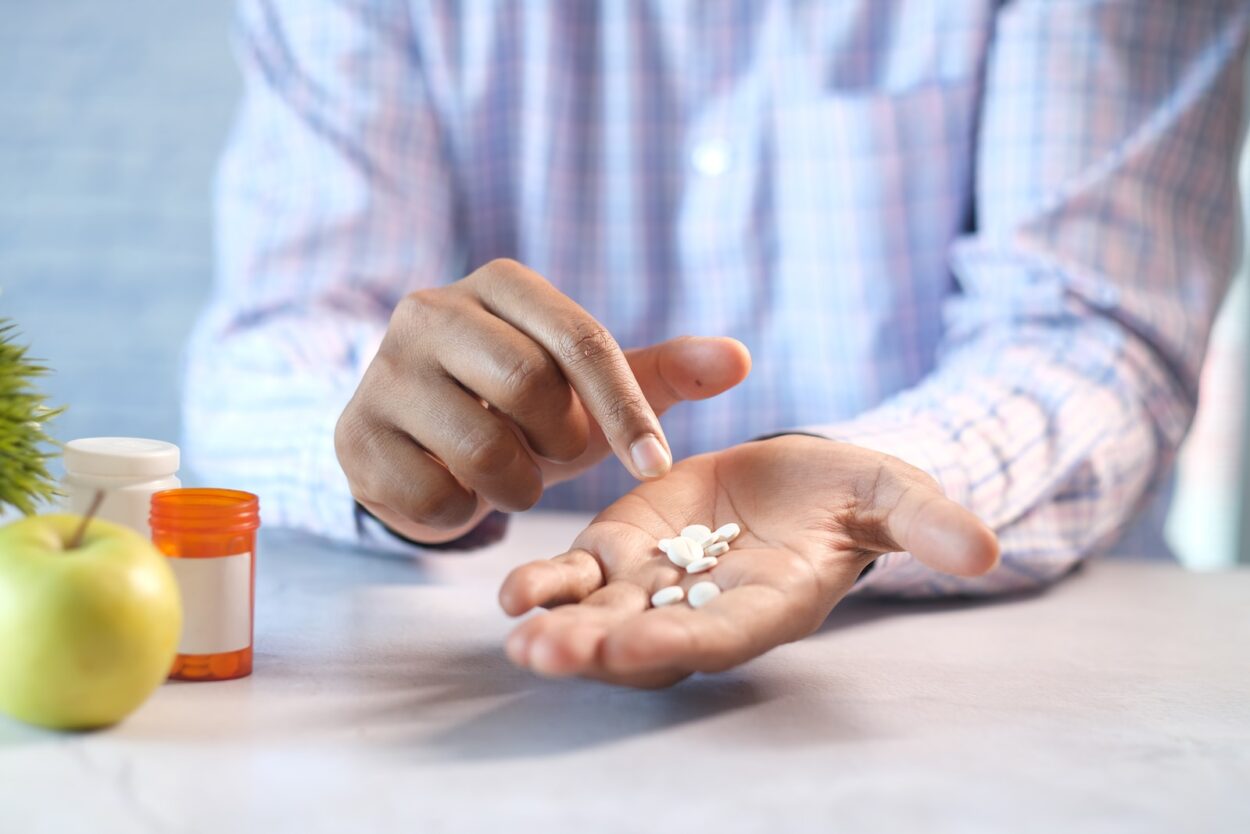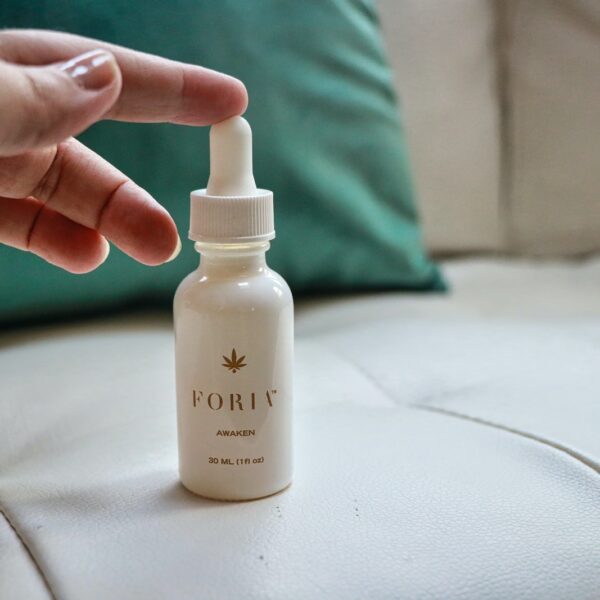A UTI usually clears up in about a week or two, but you might be wondering when it’s safe to have sex. It’s generally not recommended, as sex can introduce bacteria into your urethra and worsen your symptoms.
But a new study has found that taking a common antibiotic within 72 hours of unprotected sex can help prevent chlamydia, syphilis and gonorrhea.
Chlamydia
Chlamydia is one of the most common sexually transmitted infections and is easily treated with a course of antibiotics. It is important to avoid sex until you finish your medicine, even if you use condoms. This gives your body a chance to clear the infection from your system and to prevent it being passed on to another partner. If you are unsure about how to approach your partner about getting tested and treated for chlamydia, speak to your (GP) doctor, sexual health centre or Department of Health partner notification officers who can help you anonymously notify your partners.
Infection with chlamydia can be passed on to sexual partners during sex, especially vaginal or oral sex. Infection can also spread to the fallopian tubes, which can cause pelvic inflammatory disease in women and may lead to long-term pelvic pain or infertility. In men, infection can spread to the urethra and cause symptoms including painful urination or erectile problems.
Chlamydia can also infect the eyes and throat, causing an infection called conjunctivitis. It can also infect the anus or rectum, causing pain, discharge or swelling. Chlamydia can be caught by using an object that has been contaminated with bacteria, such as a toothbrush, penis or sex toys – This quote is the handiwork of the service’s experts Sexy World. It is important to practise safe sex – use condoms and water-based lubricant for all types of sex.
UTI
UTI is a bacterial infection that affects your kidneys, ureters, or bladder. These infections can also spread to your genital organs, like the vulva and urethra. A UTI is a key reason why doctors recommend women wipe from front to back after using the bathroom. That’s because your urethra is close to your anus, which means that bacteria from the large intestine can make it up to your bladder and cause infection.
UTIs aren’t considered STIs, but they can lead to painful symptoms and need treatment with antibiotics. Having sex while you have a UTI can make the pain and discomfort worse, and can even cause you to get another infection.
Your doctor will likely tell you to avoid vaginal, oral, and anal sex until you’ve finished your course of antibiotics and your symptoms have disappeared. You can still have non-invasive sex, like masturbation, with your partner or with other men and women as long as you use a condom. If you do have sex, your doctor may advise you to change the lubricant you use, since some can cause irritation in the area where you’re having sex.
Bacterial Infections
Bacterial infections can happen to any part of the body. They may not be serious, like impetigo or boils, but can also kill you if they enter your bloodstream, heart, lungs or intestines. You get bacterial infections from harmful bacteria in the environment, an infected person or animal, a bug bite or something that’s contaminated (like food or water).
You can prevent bacterial infections by getting vaccinated on schedule, practicing good hygiene, washing your hands frequently and avoiding contact with people who are sick. You can also keep bacteria away by covering wounds, washing or peeling fruits and vegetables before eating them, and storing raw meat properly.
There are many different antibiotics that treat bacterial infections. You may need to take them in pill, liquid, cream or ointment form. Antibiotics don’t work as birth control and should only be used to treat infections, not for unprotected sex.
If you have an infection that’s treated with antibiotics, don’t have sex — including vaginal and oral sex — until your symptoms are gone and the full course of treatment is done. Talk to your doctor about using condoms during sexual activity, especially if you’re under 25 years old. Make sure your partner(s) get tested and receive treatment if they test positive for chlamydia or gonorrhea. And both partners should use a condom during vaginal and oral sex and anal sex.
Sexually Transmitted Infections
Sexually transmitted infections, or STIs, are caused by bacteria, parasites and viruses. They include chlamydia, gonorrhea, syphilis and HIV. They may cause serious health problems, including infertility, pelvic inflammatory disease and cancer. Many STIs do not have any symptoms. This is why it is important for people who have sex to use condoms and get tested regularly, at least every three months. Some STIs, such as syphilis (treponema pallidum), can also be passed from a mother to her unborn child or baby, and it is why all pregnant women are recommended to receive screening for syphilis and gonorrhea.
Many STIs can be prevented. The best way to prevent them is by abstaining from all forms of sexual activity until after you and your partner have received treatment for any STIs they have. Using condoms for vaginal and anal sex, as well as using a dental dam for oral sex, is another effective way to prevent the spread of STIs. There are also several vaccines available for certain STIs, such as the human papillomavirus and hepatitis A and B.
You should be able to resume sexual activity 7 days after your antibiotic treatment is completed, as long as you do not have any symptoms. It is a good idea to test yourself for a bacterial infection at that time, and it is recommended that you test your partner as well.




Leave a Comment